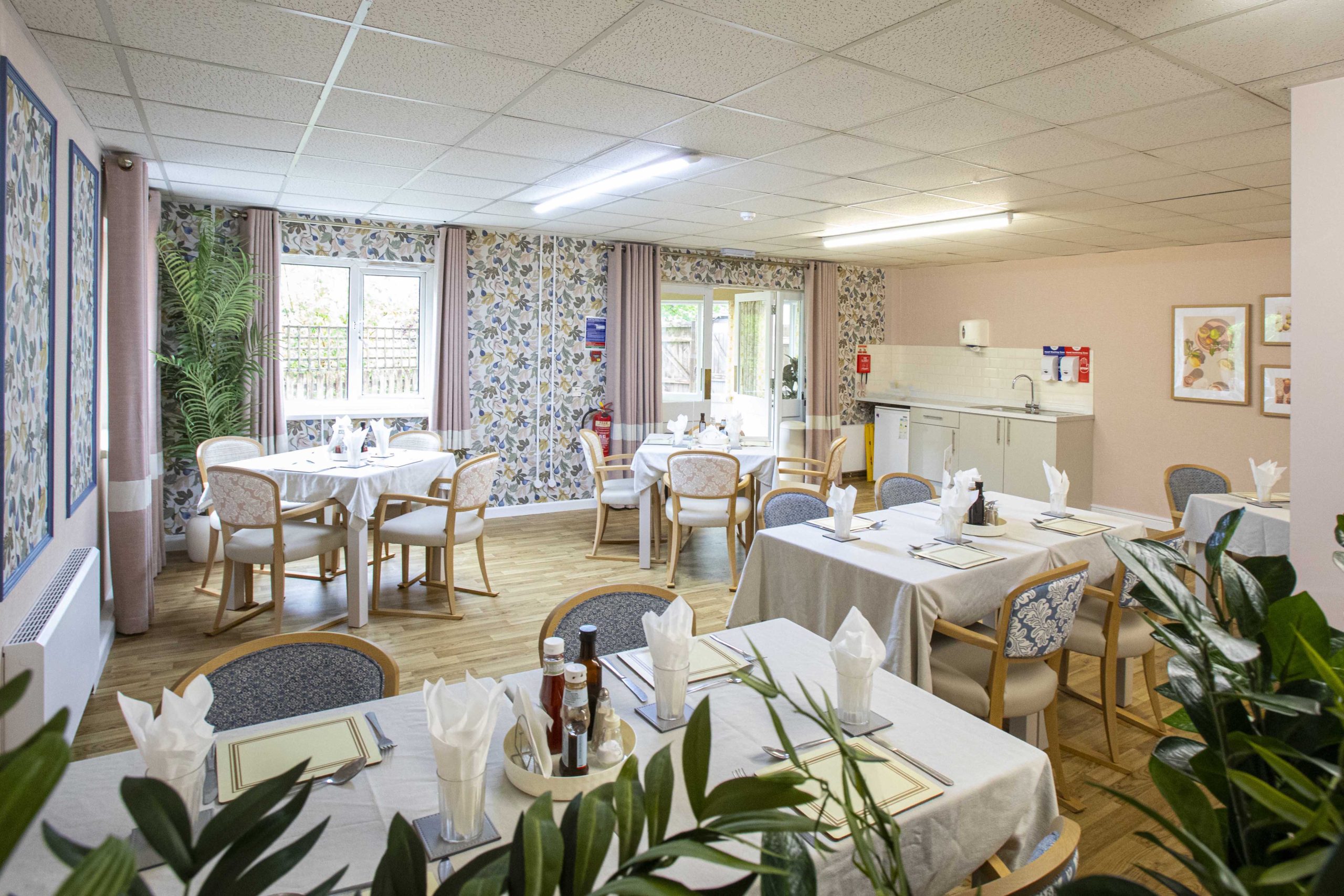Each year, leading scientists reset the Doomsday Clock, a symbol of how close humanity is to catastrophe. Right now, it stands at 90 seconds to midnight, the closest it has ever been. The threats it reflects like nuclear tensions, climate change and geopolitical instability are vast and urgent and currently set against a backdrop of the tilting of international order. But while global crises demand attention, we must not lose sight of the challenges playing out closer to home. If social care had its own clock, it would be teetering on the brink, too, yet the warnings continue to be ignored.
The government’s latest promise of a social care review, not due to report until 2028, is another example of, sadly, kicking the can down the road, yet again. Over the years, countless reports have highlighted the need for reform, but nothing ever changes. In the meantime, care providers, local authorities and families are left struggling with a system that is breaking under pressure.
The Chancellor’s budget commitments in November last year, included an additional £600 million for social care, but this barely scratches the surface of the financial reality providers face. The rise in the minimum wage is overdue and well deserved, yet without extra funding to support it, providers are forced to carry the cost or pass it onto councils that are already overstretched. The upcoming increase in National Insurance contributions will add another financial burden. For a sector that depends on a large, dedicated workforce, this is yet another strain on resources.
We have been here before. The King’s Fund Social Care 360 review has already warned of the risks of repeating past mistakes. Without a sustainable funding model, providers will continue to struggle, councils will keep rationing care and staff will remain undervalued. The outcome is inevitable. Fewer people will receive the support they need and those who work in care will be stretched even further, leading to more departures from an already understaffed workforce.
Then there is the question of regulation. The Care Quality Commission, which should be ensuring high standards across the sector, is failing to keep pace. As an experienced care home operator, I see firsthand how important good regulation is, but the CQC’s ability to fulfil its role is weakening. The public expects regular inspections, but some care homes wait years for one unless complaints force action. A major overhaul is needed, yet there is little sign of urgency from those in charge.
Recruitment remains one of the sector’s biggest challenges. The ageing population means that demand for care will only increase, yet attracting and retaining staff is becoming harder. Without investment in pay, training and career development, the workforce crisis will deepen. Local authorities are already under huge financial strain and some councils are raising council tax by as much as 15%, yet even these measures will not bridge the funding gap.
This is not a new problem, nor is it an unexpected one. The challenges facing social care have been known for decades, just like the impact of an ageing population. Yet each time, governments delay action, applying temporary fixes instead of delivering real solutions. If things continue in this way, the sector will reach a point where recovery is no longer possible.
The Doomsday Clock serves as a warning to the world, urging action before it is too late. While global threats cannot be ignored, domestic crises must not be allowed to spiral unchecked. Social care is not a luxury or an afterthought, it is a vital part of society and if it is left to decline, millions will suffer the consequences.
For social care, the clock is at one minute to midnight. If action is not taken now, the alarms will sound, and by then, it will be too late.
Tony Stein, Chief Executive, HCMS




